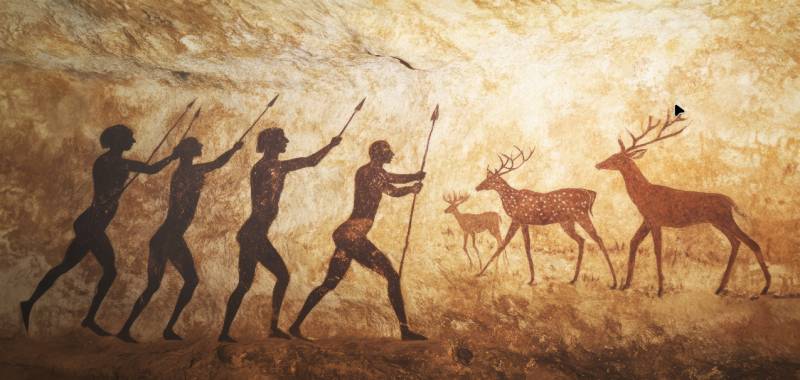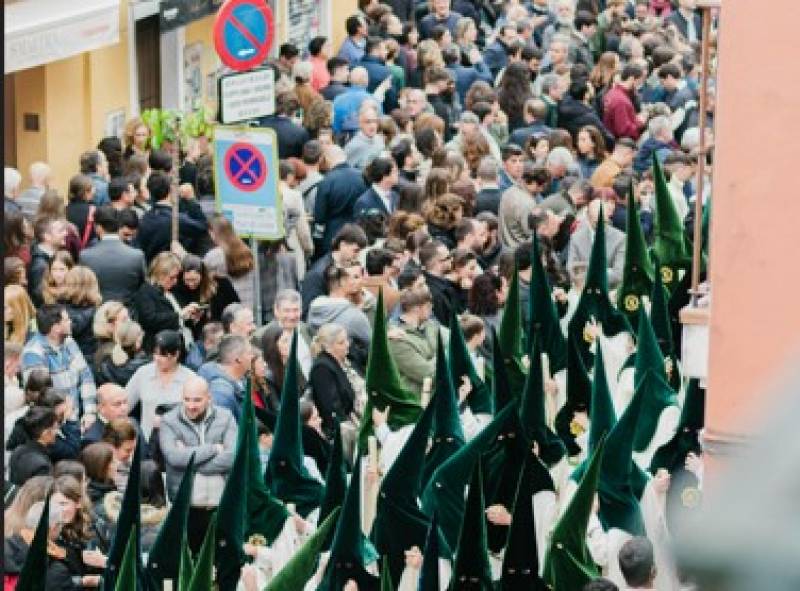- Region
- Vega baja
- Marina Alta
- Marina Baixa
- Alicante
- Baix Vinalopo
- Alto & Mitja Vinalopo
-
ALL TOWNS
- ALICANTE TOWNS
- Albatera
- Alfaz Del Pi
- Alicante City
- Alcoy
- Almoradi
- Benitatxell
- Bigastro
- Benferri
- Benidorm
- Calosa de Segura
- Calpe
- Catral
- Costa Blanca
- Cox
- Daya Vieja
- Denia
- Elche
- Elda
- Granja de Rocamora
- Guardamar del Segura
- Jacarilla
- Los Montesinos
- Orihuela
- Pedreguer
- Pilar de Horadada
- Playa Flamenca
- Quesada
- Rafal
- Redovan
- Rojales
- San Isidro
- Torrevieja
- Comunidad Valenciana
Date Published: 23/04/2025
New study reveals the secrets of prehistoric people living in Spain
Neanderthals in southern Spain survived by hunting large animals and using fire in their daily lives
 A new archaeological study has shed light on how Neanderthals living in the south of the Iberian Peninsula managed to survive for thousands of years, thanks to their hunting skills, adaptability, and use of fire.
A new archaeological study has shed light on how Neanderthals living in the south of the Iberian Peninsula managed to survive for thousands of years, thanks to their hunting skills, adaptability, and use of fire.The research, carried out by the University of Granada in collaboration with the National Museum of Natural History in Paris, focused on more than 3,500 animal remains recovered from the Cueva del Ángel (Angel Cave) in Lucena, Córdoba. These remains date back to the Middle Pleistocene period, between 320,000 and 180,000 years ago.
Researchers found that Neanderthals in the region based their diet mainly on horses, deer, and aurochs – a large, now extinct species of wild cattle. These three species, referred to by the team as the ‘Mediterranean Triad’, appear to have played a central role in their diet and daily survival.
“We’ve identified clear cut marks and breakages on the bones, which suggests these animals were carefully butchered for their meat and marrow,” explained José A. Solano García, lead author of the study and a researcher in Prehistory and Archaeology.
There is also strong evidence that fire was regularly used. Burned bones found at the site suggest that the Neanderthals may have gathered around fires, pointing to a degree of social organisation and routine in how food was prepared and consumed.
While large mammals were the main food source, the study also highlights the role of smaller animals such as rabbits, birds, reptiles and even rhinoceroses. This dietary flexibility would have helped these early humans to cope with changing climates and food shortages.
Thanks to its unusually well-preserved layers of archaeological material, Angel Cave is seen as a vital location for understanding the behaviour and survival strategies of early humans in Europe.
“This site offers an extraordinary window into the past,” said the researchers, “and gives us fresh insight into how these groups adapted to the Mediterranean environment over time.”
The work was funded by the Regional Government of Andalucia and published in the journal Frontiers in Environmental Archaeology.
Image: Freepik
staff.inc.ali
Loading
Sign up for the Spanish News Today Editors Roundup Weekly Bulletin and get an email with all the week’s news straight to your inbox
Special offer: Subscribe now for 25% off (36.95 euros for 48 Bulletins)
OR
you can sign up to our FREE weekly roundup!
Read some of our recent bulletins:
Discount Special Offer subscription:
36.95€ for 48 Editor’s Weekly News Roundup bulletins!
Please CLICK THE BUTTON to subscribe.
(List price 3 months 12 Bulletins)
Read more stories from around Spain:
Contact Murcia Today: Editorial 000 000 000 /
Office 000 000 000























